The work of this research team is focused on contaminants, including the assessment of concentrations in various matrixes, fluxes, accumulation in marine organisms, partitioning at organs and tissues of key organisms, and responses at the biochemical level. The main research challenge of the group is to evaluate changes in the marine biogeochemical processes induced during the Anthropocene.
Focus on this vision we investigate the interaction of pollutants (classic and emergent) between water, sediments, and aquatic organisms coupled with the early-diagenetic processes. Within the emerging contaminants man-made molecules including pharmaceutics, new technologically relevant metals and plastics. A key question is understanding the combined effects of climate change stressors, ocean warming, acidification and marine heatwaves, on the bioaccumulation, elimination and ecotoxicological effects of contaminants. The impact of deep-sea mining, seen as an alternative source of metals to support green technologies, has an unknown impact on water chemistry and the organisms either by affecting the bioaccumulation or even changing the local biodiversity. The great concern about these issues is mirrored by the alert of international panels of experts. Our research is focused on contaminants measured in the field and on hyperbaric simulations performed in the laboratory.
From a different perspective, we investigate classical and emergent contaminants removal from contaminated water using graphene-based nanocomposites, natural bio-wastes, and algae-based biotechnologies. Better water quality, recovery of metabolic transformation, and effects of toxins naturally produced by marine phytoplankton species in harvest bivalves are currently being investigated. New tools for screening marine toxins as (bio)chemical sensors integrated into microfluidic systems are implemented. By multidisciplinary approach, cytotoxic assessment, genotoxic and epigenetic effects resulting from organisms’ exposure and cell lines to mixtures of classical and emergent contaminants are performed. The contaminant’s fate in estuarine and marine systems and the interactions with sediments are searched.

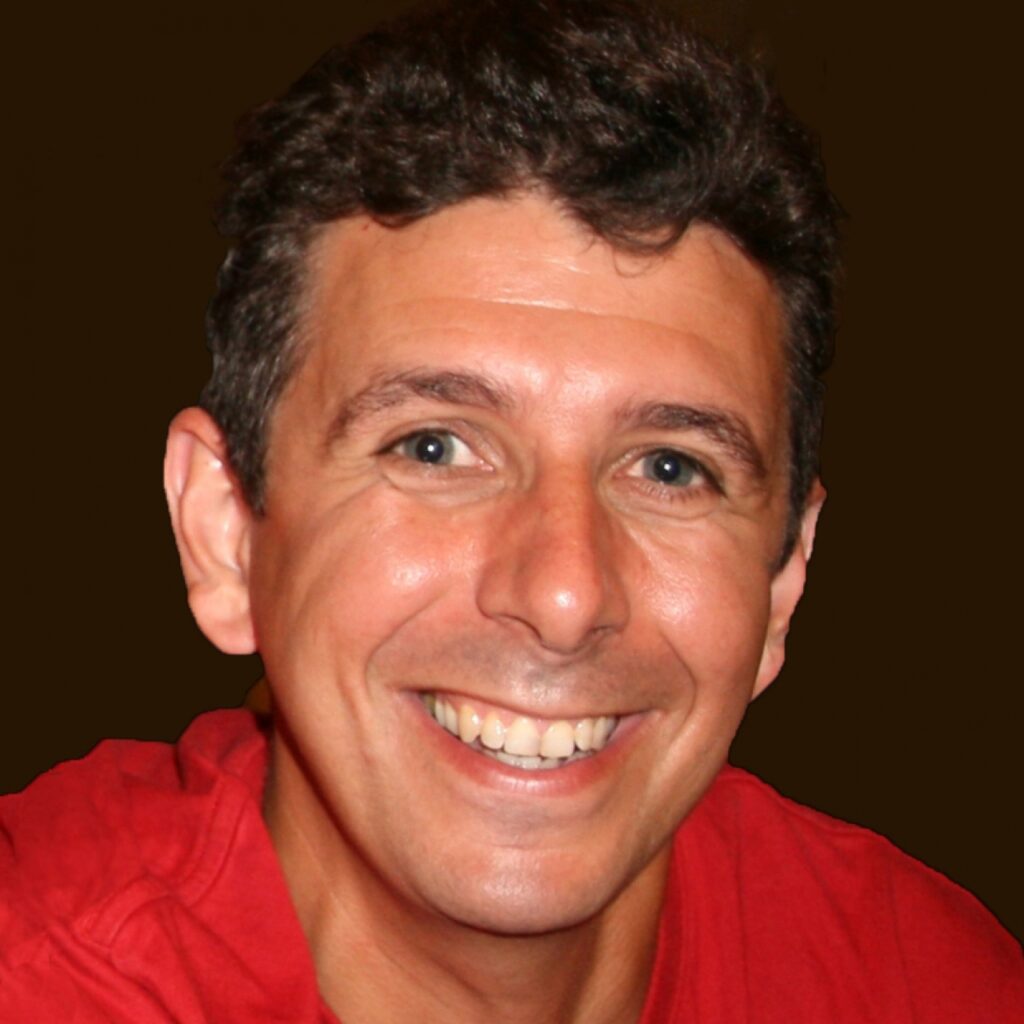
Miguel Caetano is a marine chemist with scientific interests focused on the challenges posed by the changes in the biogeochemical processes induced during the Anthropocene. Its main research areas of investigation have been the interaction of pollutants (classic and emergent) between water, sediments, and aquatic organisms coupled with the early-diagenetic processes. He has participated in educating 15 young researchers and up to 80 national/international research projects and research contracts and authored>125 ISI scientific papers with >3,000 citations. He is the team leader of the Contaminant pathways and interactions with marine organisms group at the Interdisciplinary Centre of Marine and Environmental Research and a senior researcher of the Portuguese Institute of Sea and Atmosphere. He has been a member of the ICES WGMC, MSWG and ACOM, chair of the standing committee on fisheries environment of NAFO and member of the pool of experts in the WOA II during the second cycle of the regular process of the UN.
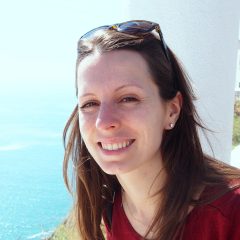
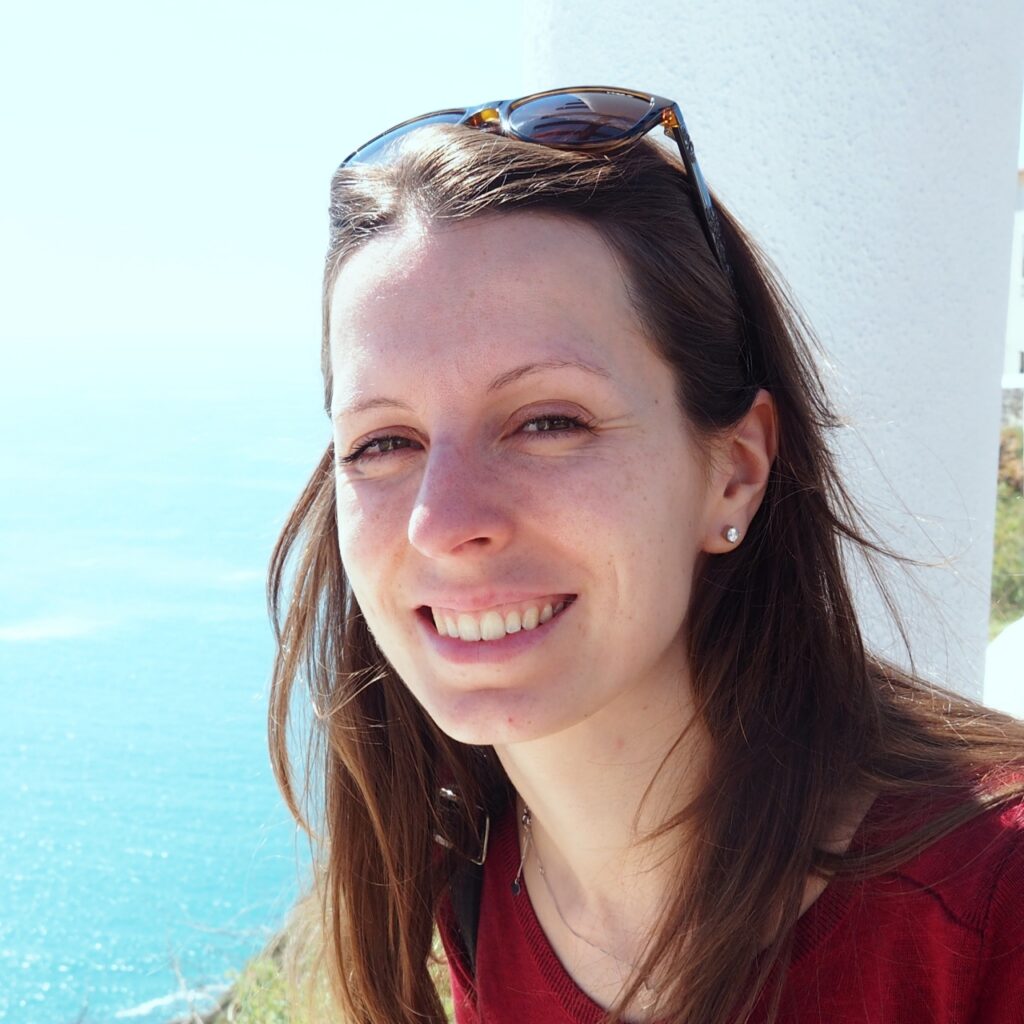
Graduated in Biochemistry and Food Chemistry, Master in Analytical Chemistry and Quality Control, and PhD degree in Chemistry. Currently a Postdoc at EPIUnit – ISPUP and CIIMAR. Main research interests and activities are focused on the understanding of the biological effects of human exposure to mixtures of environmental contaminants, using in vitro and in vivo models. Principal Investigator of project NanoLegaTox- When old meets new: A novelty study on the human uptake, genotoxicity and immunotoxicity of nanoparticles and legacy contaminants mixtures (POCI-01-0145-FEDER-029651).
RESEARCH INTERESTS
Environmental and Public Health; Nanotoxicology; Environmental Toxicology; Occupational Health; Environmental Determinants of Health
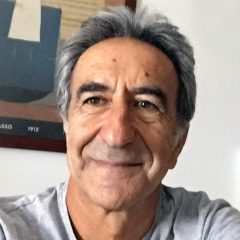
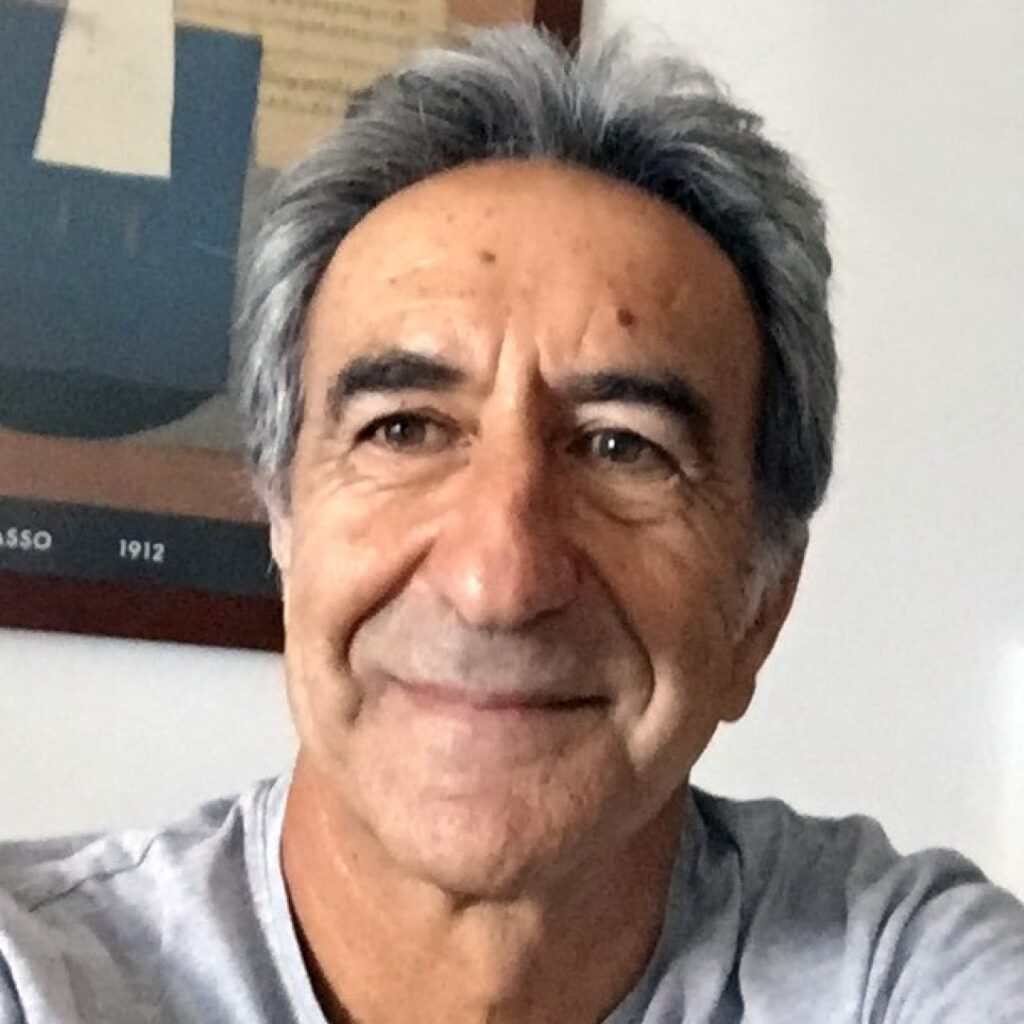
Carlos Vale holds habilitation/aggregation in chemical oceanography; former head of department, head of scientific council and deputy director of IPMA, and vice-president at ICES; presently is supervisor of PhDs and mentor of post-docs at CIIMAR and University of Aveiro. Associated with the Master course “Marine Sciences –Marine Resources (ICBAS). Expertise includes behaviour of contaminants in marine ecosystems, interactions with organisms, and impacts of contaminants in evolving environmental systems. He is co-author of more than 200 peer-reviewed articles and 40 book chapters.

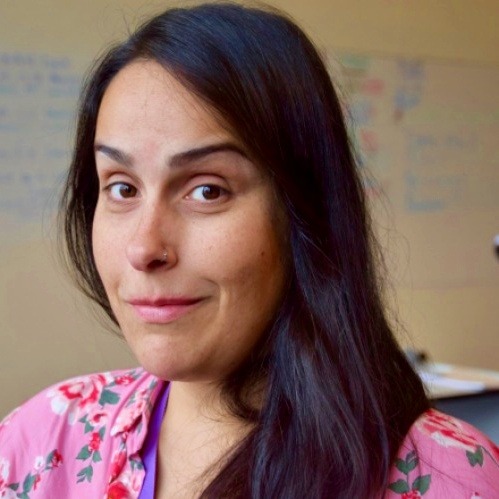
Dr. Cátia Figueiredo is a marine biologist dedicated to researching climate change and chemical stressors’ impact on marine life, particularly considering Technology Critical Elements. She secured a Ph.D. by studying climate change and Rare Earth Elements’ effects on aquatic organisms. She won support from National Geographic as an early career research grant and now works at CIIMAR/IPMA, co-leading the EMINENT project investigating climate change, pollutants, and bivalve species interactions. With 22 publications, 3 book chapters, and an open science commitment, she presents an h-index of 9.
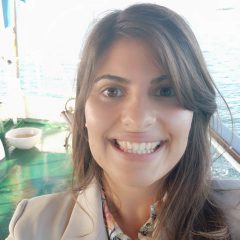
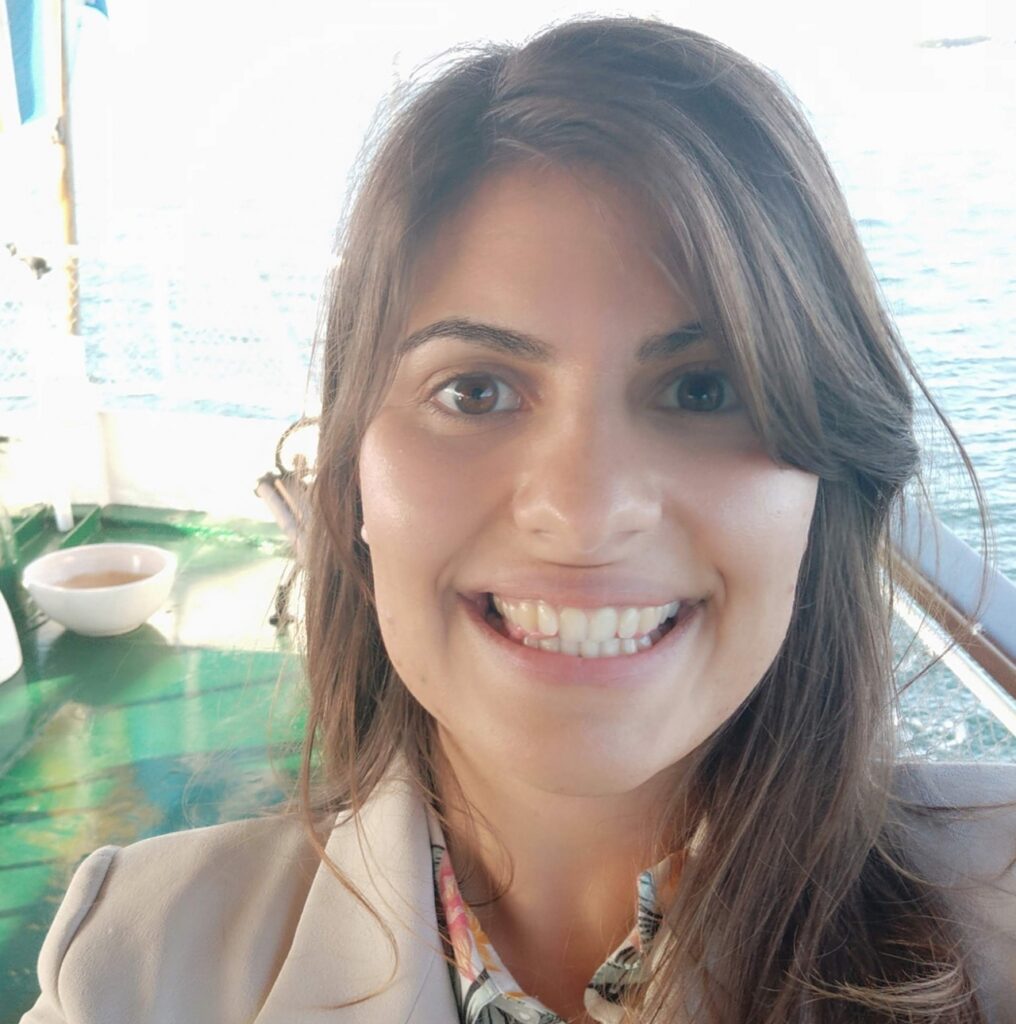
Clara Lopes is graduated in Biology (2012) and holds a MSc in Biotechnology (2014). Since 2016, their work is mainly focused in the presence of microplastics in the marine environment and in the optimization and harmonization of methodologies for sampling, extraction and analysis of microplastics from different environmental matrices.

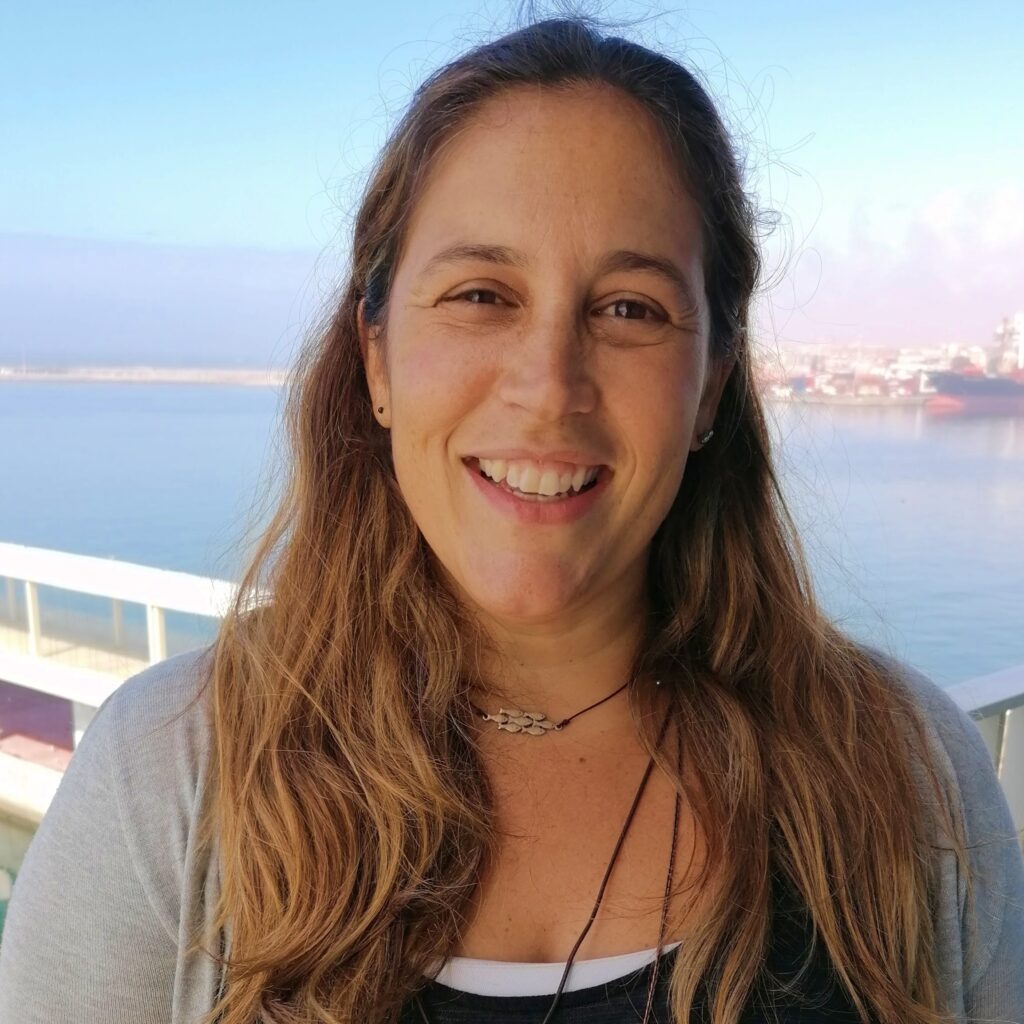
Joana Raimundo is an Assistant Researcher at IPMA, and associated with CIIMAR. She holds a degree in Marine Biology, with a PhD in Biochemistry. Her work focuses on the accumulation, elimination and effects on marine organisms, through biochemical and cellular modifications, exposed to contaminants (classic and emergent) and microplastics, in coastal areas and in the deep sea. She participated in 33 national and international projects, and led 4 of them and several tasks. She authored/co-authored 80 articles, 4 book chapters, and is a member of WGBEC (ICES), ICGML and MIME (OSPAR), MSFD Expert Network on Marine Contaminants and TGML (JRC).
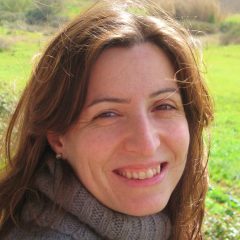
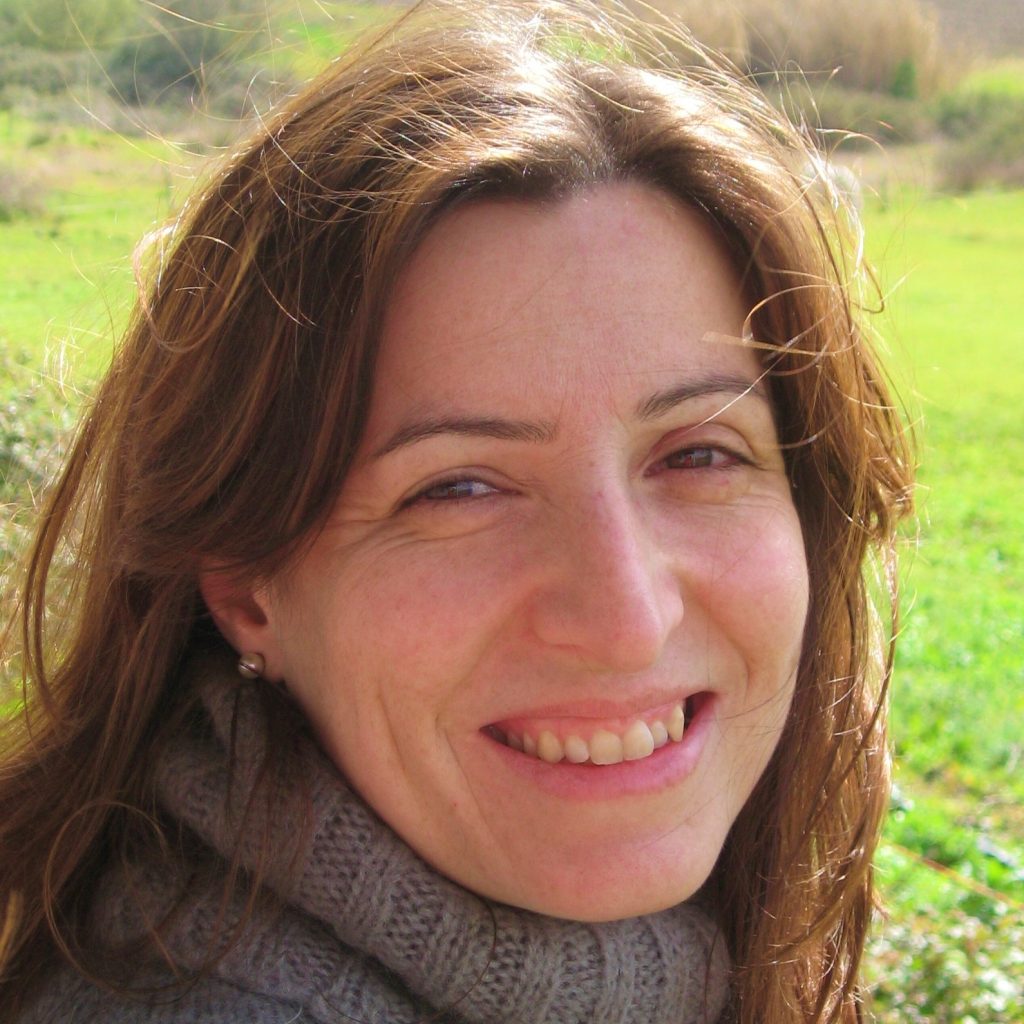
M. João Botelho received her MSc degree in Chemical Engineering, University of Lisbon in 2009 and a PhD in Environment, New University of Lisbon in 2014. She is a researcher of the Portuguese Institute of Sea and Atmosphere (IPMA) and head of the National Reference Laboratory of Marine Toxins at IPMA. Her expertise is on accumulation and biotransformation mechanisms of marine toxins in bivalves and her research is focused in avaliability and pathways of marine toxins and biosensors development to toxin detection.
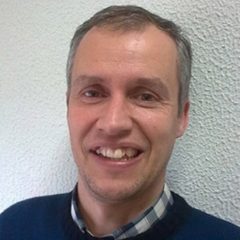
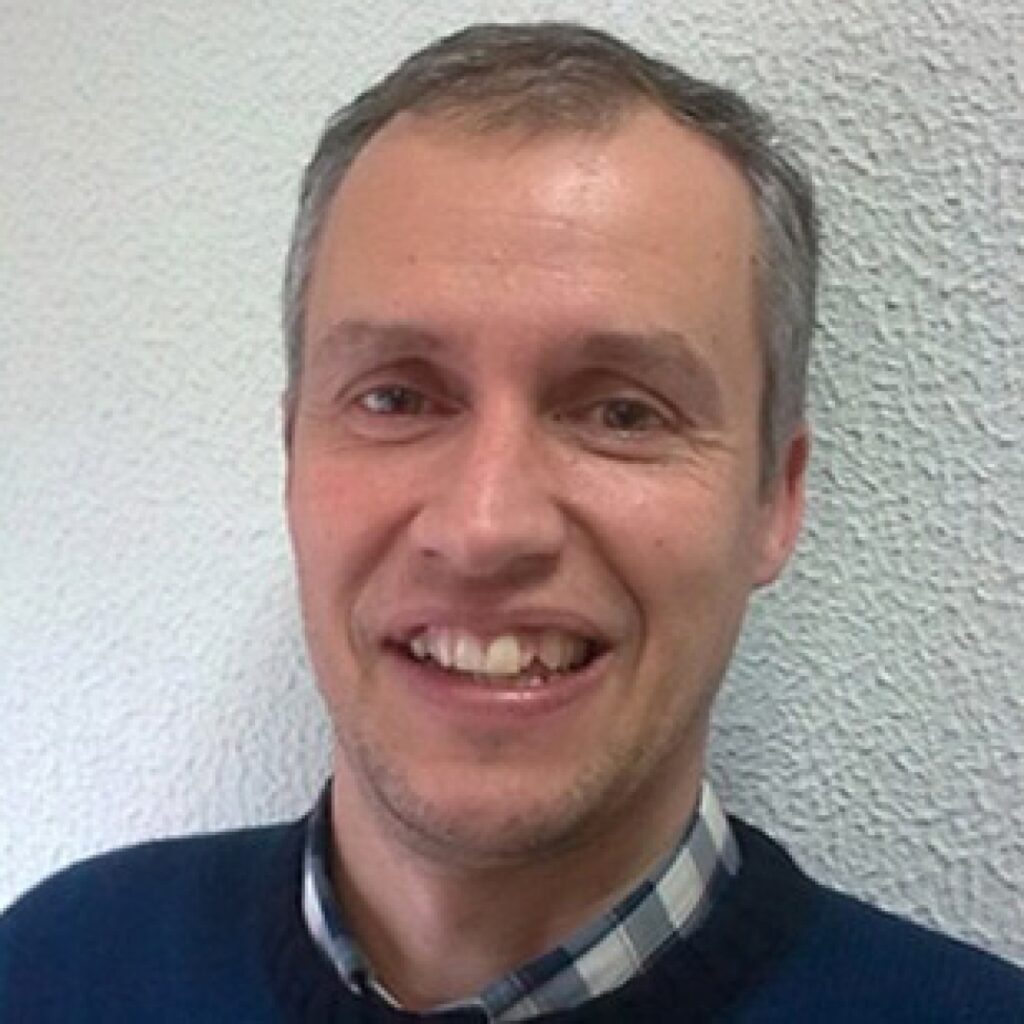
Mário Mil-Homens is currently a researcher of the Portuguese Institute of Sea and Atmosphere – Division of Environmental Oceanography since 2014. He finished is PhD in Geology in Goteborg University (2006). He concluded is MSc in Geochemistry in University of Aveiro (1997).
His research activity is focused on biogeochemistry, in particularly on the: 1) temporal reconstruction of trace metal inputs in marine and estuarine environments, 2) definition of elemental backgrounds, 3) development of methodologies (e.g., use of Pb and Hg isotopes as tracers sources of contamination and characterization of environmental processes that affect their distributions) for evaluating the impact of contamination in sediments.
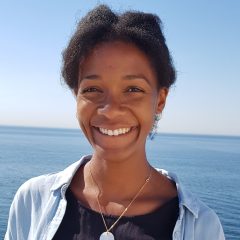
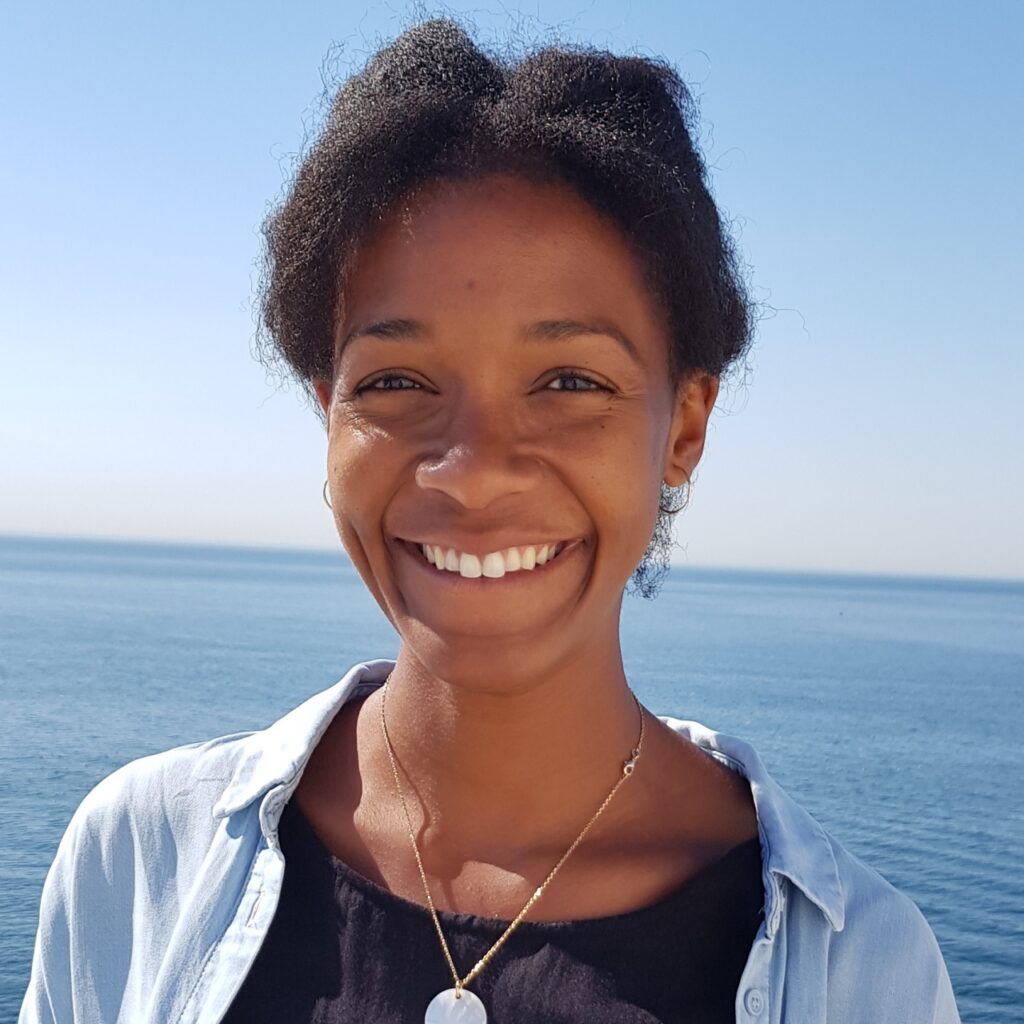
Melina Abdou is a Junior Researcher in the Endocrine Disruptors and Emerging Contaminants Team at CIIMAR. She is graduated of an Erasmus Mundus MSc of “Marine Environment and Resources” and obtained her PhD in Geochemistry and Ecotoxicology at the University of Bordeaux (2018). Her research interests focus on the understanding of trace metal biogeochemical cycles in estuarine, coastal, and marine waters under anthropogenic pressure. In particular, Technology Critical Elements such as platinum, considered as an emerging contaminant, are at the center of her research, comprising the study of their sources, reactivity, and ecotoxicological effects on living organisms.
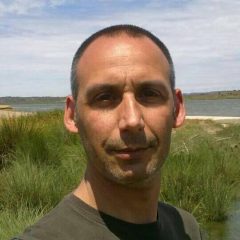
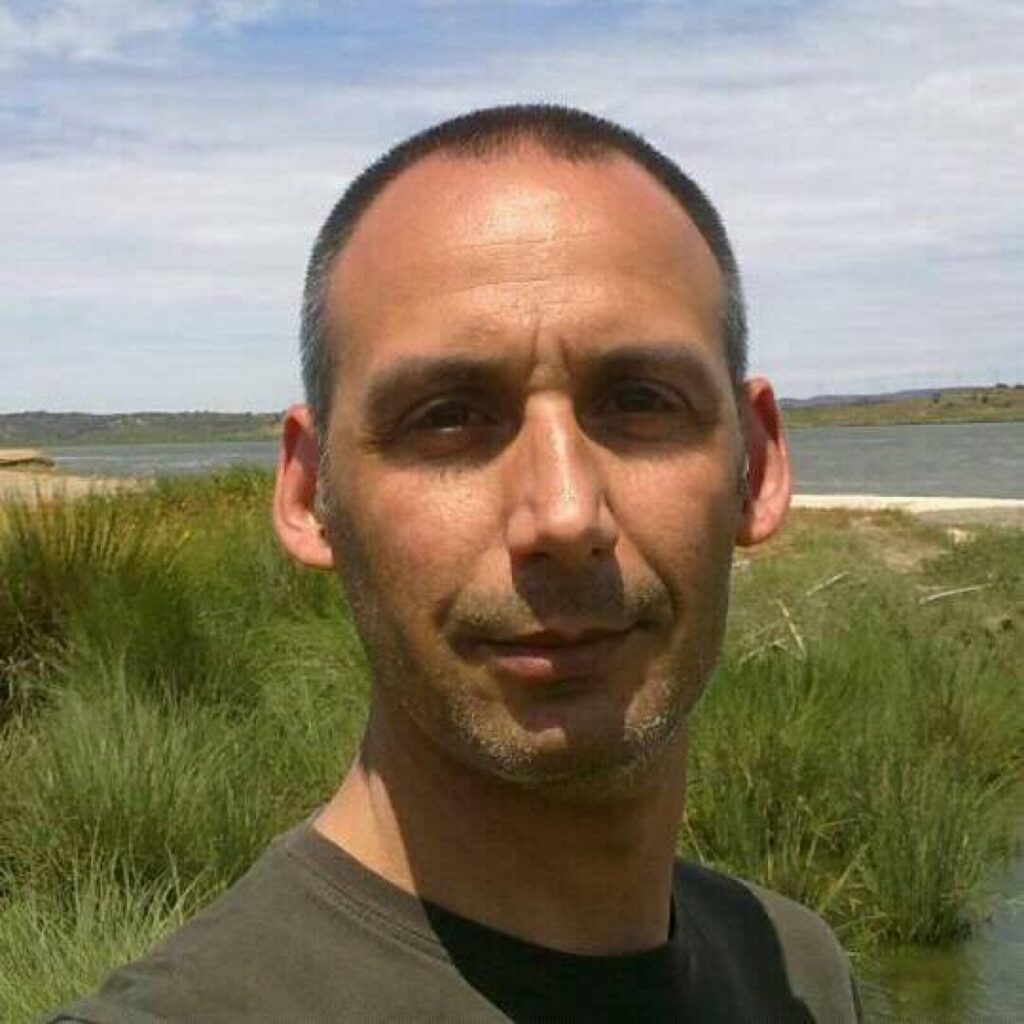
Pedro Brito is an ICP-MS specialist technician at the Portuguese Institute of Sea and Atmosphere – Division of Environmental Oceanography. Since 2015 he is a PhD student in Marine Sciences at the Faculty of Science, University of Lisbon. He received is MSc in Applied Fish Biology from the Plymouth University in 1994.
He is currently interested in the biogeochemistry of rare earth elements (REE) in estuarine and coastal areas and the relationship of biota to the REE partition and fractionation.
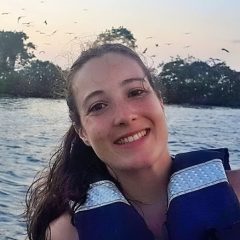
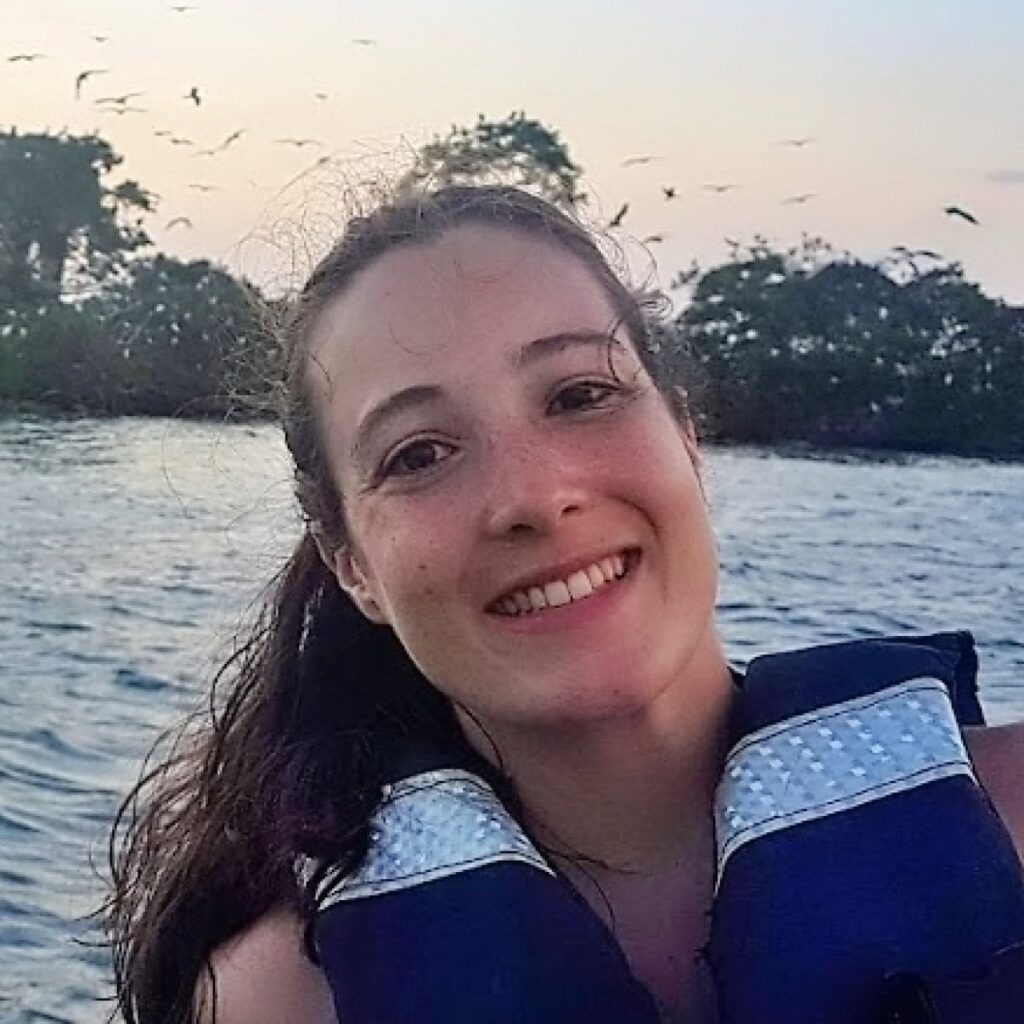
Sara T. Costa graduated in Biology, University of Lisbon in 2011 and received her MSc degree in Marine Biology, University of Algarve in 2013. She is currently doing her PhD at ICBAS, University of Porto about the role of microplastics in the pathway, availability and toxicity of marine toxins in coastal environments. She is a laboratory technician of the National Reference Laboratory of Marine Toxins of the Portuguese Institute for the Sea and the Atmosphere (IPMA). Her expertise is on bioaccumulation and biotransformation of marine toxins in organisms, toxic marine algae and plastics sorption.
Botelho, M.J., J. Milinovic, N. Bandarra, C. Vale
2022Marine Drugs 20:253.Carreiro-Silva, M., I. Martins, V. Riou, R. Bettencourt, J. Raimundo, M. Caetano, M. Rakka, A. Godinho, A. Colaço
2022Frontiers in Marine Science 9:915650.Dridi, N., P. Brito, H. Bouslimi, R. Ferreira, S. Martins-Dias, I. Caçador, N. Sleimi
2022Sustainability 14:4153.Figueiredo, C., T. Grilo, R. Oliveira, I. Ferreira, F. Gil, C. Lopes, P. Brito, P. Ré, M. Caetano, M. Diniz, J. Raimundo
2022Chemosphere 302:134850.Lopes, C., C. Figueiredo, M. Baptista, M. Caetano, M. Santos, J. Raimundo
2023Marine Environmental Research, 106064.Mil-Homens, M., P. Brito, M. Caetano, AM. Costa, S. Lebreiro, M. Trancoso, H. de Stigter
2021Science Total Environment 773:145539.Website by: Glitz Design